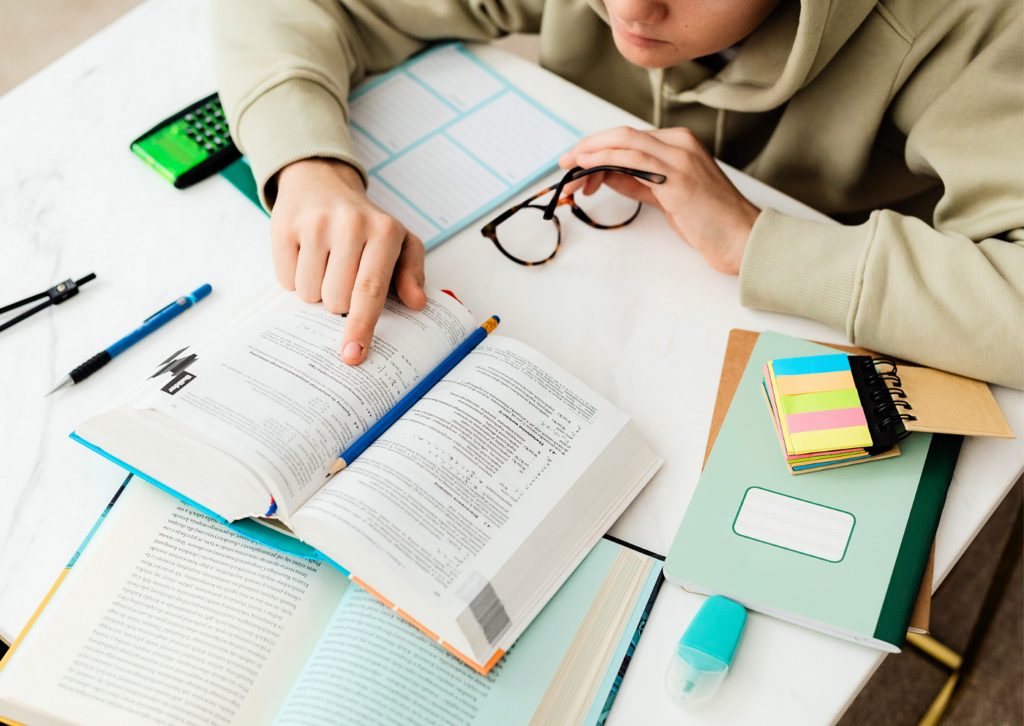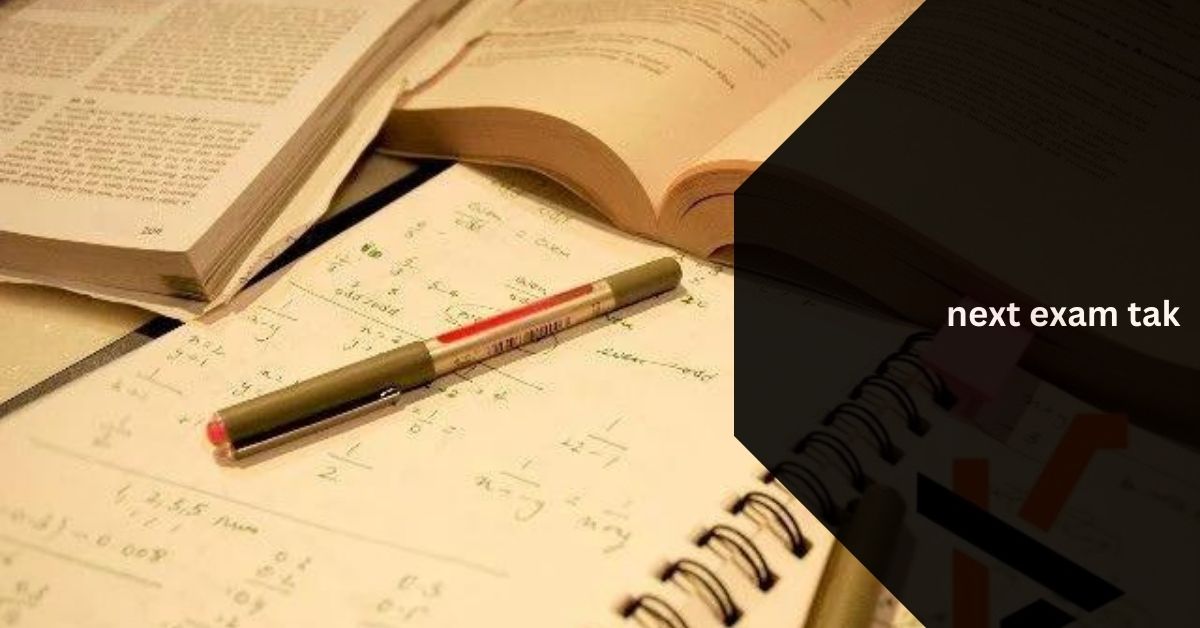Exams are a crucial part of academic life, serving as a measure of understanding and mastery of subjects. Preparation for exams is vital for success, as it enhances knowledge retention, boosts confidence, and reduces anxiety.
In this article, we will delve into the significance of exam preparation and explore effective strategies to excel in exams.
Understanding the Material
To excel in exams, it’s essential to have a deep understanding of the material. Rather than memorizing information superficially, strive to comprehend the concepts thoroughly.
Actively engage with the material through reading, attending classes, and participating in discussions. Utilize various resources such as textbooks, online lectures, and supplementary materials to enhance your understanding.
Creating a Study Schedule
Effective time management is key to exam preparation. Create a study schedule that allocates sufficient time for each subject or topic. Break down the material into manageable chunks and set realistic goals for each study session.
Incorporate regular breaks to prevent burnout and maintain focus. Stick to the schedule diligently, adjusting it as needed based on progress and priorities.
Read: Unlocking Fashion Excellence with yimusanfendi
Utilizing Effective Study Techniques

Different study techniques work for different individuals. Experiment with various methods such as summarizing notes, creating flashcards, practicing past papers, or teaching the material to someone else. Find what works best for you and incorporate these techniques into your study routine. Additionally, consider using mnemonic devices, visual aids, and interactive study tools to enhance retention and understanding.
Practicing Regularly
Practice makes perfect, especially when it comes to exams. Dedicate ample time to practice problems, essays, or sample questions related to the exam content.
This not only helps reinforce your understanding of the material but also familiarizes you with the exam format and types of questions you may encounter. Aim for consistency in your practice sessions to build confidence and proficiency.
Seeking Clarification
Don’t hesitate to seek clarification on concepts or topics that you find challenging. Reach out to your teachers, professors, or classmates for assistance.
Attend review sessions, office hours, or tutoring sessions if available. Engaging in discussions and asking questions not only deepens your understanding but also demonstrates your commitment to learning and academic success.
Maintaining a Healthy Lifestyle
A healthy body and mind are essential for effective exam preparation. Prioritize self-care by getting adequate sleep, eating nutritious meals, and staying physically active. Avoid excessive caffeine or energy drinks, as they can disrupt sleep patterns and increase anxiety. Take breaks to relax and recharge, engaging in activities you enjoy outside of studying.
Managing Stress and Anxiety

Exam periods can be stressful, but managing stress is crucial for optimal performance. Practice relaxation techniques such as deep breathing, meditation, or yoga to alleviate anxiety.
Break tasks into smaller, manageable steps to prevent feeling overwhelmed. Stay positive and maintain a growth mindset, focusing on your progress and efforts rather than fixating on outcomes.
Reviewing and Revising
In the days leading up to the exam, dedicate time to review and revise the material thoroughly. Focus on areas of weakness or topics that you find challenging. Use review guides, summaries, or concept maps to reinforce key concepts and connections. Avoid cramming at the last minute, as it can lead to stress and hinder retention. Instead, distribute your review sessions evenly leading up to the exam day.
Exam Day Strategies
On the day of the exam, arrive early and ensure you have all necessary materials such as pens, pencils, calculators, and identification. Stay calm and focused by practicing deep breathing or visualization techniques.
Read the instructions carefully and budget your time wisely, allocating sufficient time for each section or question. Answer the easiest questions first to build momentum and confidence before tackling more challenging ones.
Reflecting on Performance
After the exam, take time to reflect on your performance objectively. Identify strengths and areas for improvement to inform your study strategies for future exams.
Review your mistakes and understand why they occurred, whether due to misunderstanding of concepts, misinterpretation of questions, or lack of preparation. Use feedback from teachers or peers to guide your learning and make adjustments as needed.
Engaging in Group Study Sessions

Studying with peers can be a valuable tool for exam preparation. Group study sessions provide opportunities for collaborative learning, where you can discuss and clarify concepts with others.
By explaining ideas to classmates or listening to their explanations, you reinforce your understanding of the material.
Additionally, group study sessions can offer different perspectives and approaches to problem-solving, expanding your knowledge base. However, it’s essential to choose study partners who are focused and committed to productive studying to ensure effectiveness.
Utilizing Technology for Learning
In today’s digital age, technology offers a myriad of tools and resources to aid in exam preparation. Take advantage of educational websites, online tutorials, and digital textbooks to supplement your learning. Utilize productivity apps for organizing study materials, managing schedules, and setting reminders.
Consider using online platforms for collaborative study groups, virtual flashcards, or interactive quizzes. However, be mindful of potential distractions from social media or unrelated websites, and use technology judiciously to enhance, rather than hinder, your study efforts.
Practicing Mindfulness and Visualization Techniques
Mindfulness and visualization techniques can be powerful tools for managing stress and improving focus during exam preparation. Practice mindfulness exercises such as deep breathing, progressive muscle relaxation, or guided meditation to cultivate a sense of calm and centeredness.
Visualize yourself succeeding in the exam, envisioning the process of answering questions confidently and accurately. Incorporate positive affirmations and self-talk to boost confidence and alleviate self-doubt.
By incorporating these techniques into your study routine, you can enhance mental clarity and resilience, leading to improved performance on exam day.
Read: Discovering the Power of Collaboration with totallyscience gitlab
Implementing Active Learning Strategies

Active learning strategies engage learners in hands-on, participatory activities that promote deeper understanding and retention of material.
Instead of passively reading or listening to lectures, actively engage with the material through activities such as problem-solving, case studies, simulations, or role-playing exercises.
Create concept maps, diagrams, or mind maps to visually organize and connect key ideas. Engage in discussions, debates, or group projects to apply theoretical concepts to real-world scenarios.
By actively participating in your learning process, you can enhance comprehension, critical thinking skills, and long-term retention of the material.
Seeking Feedback and Continuous Improvement
Feedback is essential for growth and improvement in exam preparation. Seek feedback from teachers, professors, or mentors on your study strategies, areas of strength, and areas for improvement. Actively engage in peer review sessions to receive constructive criticism and alternative perspectives on your work.
Reflect on your study habits, learning outcomes, and exam performance to identify areas where you can make adjustments or improvements. Use feedback as a tool for continuous learning and refinement of your study techniques, ultimately enhancing your readiness for future exams.
Conclusion:
In conclusion, effective exam preparation is essential for academic success. By understanding the material, creating a study schedule, utilizing effective study techniques, and practicing regularly, you can enhance your chances of performing well in exams.
Remember to prioritize self-care, manage stress and anxiety, and reflect on your performance to continuously improve. With dedication, perseverance, and strategic planning, you can conquer any exam with confidence.
Read Also:
- Unlock the Latest Trends at vofey shop – Your Fashion Haven
- https://quesonlosvaloreseticos.com/valores-eticos-en-los-docentes-o-maestros
- https://costumbresmexico.com/partido-verde-ecologista/
- How To Look For A Trusted Delta 8 THC Vendor Near Your Area?
- Unleashing Creative Brilliance: Inspiring Innovation and Breakthrough Thinking in Any Field




















+ There are no comments
Add yours